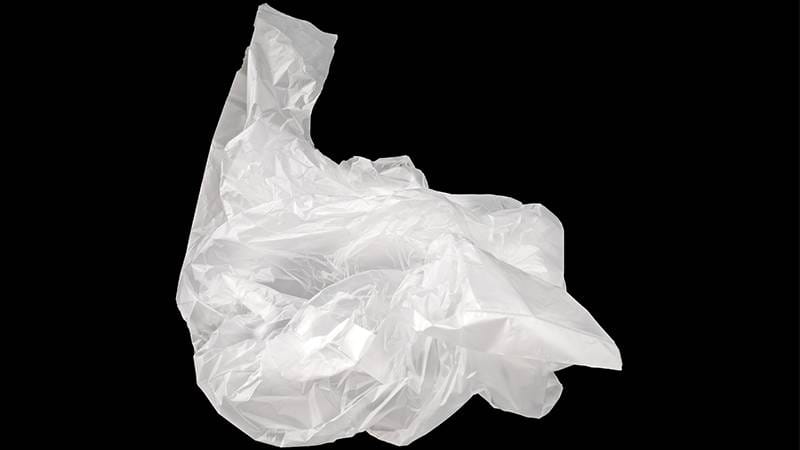In a significant environmental breakthrough, the United Kingdom has inaugurated its first facility dedicated to recycling plastic waste from research laboratories. This pioneering initiative, led by Dr. Helen Liang, a Bath University graduate and founder of the startup LabCycle, addresses a critical yet often overlooked environmental issue. Laboratories across the UK, and indeed globally, generate an estimated 5.5 million tonnes of plastic waste each year. This waste, traditionally incinerated due to contamination from hazardous chemicals and biological agents, represents a significant environmental challenge.
Dr. Liang’s venture, LabCycle, has innovated a recycling process that thoroughly washes, shreds, and decontaminates used lab plastics, turning them into small granules. These granules can then be remanufactured into lab equipment. One of the standout successes of this process is the creation of petri dishes, which, although slightly cloudier, are functionally identical to those made from virgin plastic. This not only promotes the recycling of plastic but also its reuse within a scientific setting, thereby creating a circular economy in the laboratory environment.
Parallel to LabCycle’s efforts, another environmental initiative is gaining traction in Melksham, a town near Bath. Entrepreneur Brian Walmsley’s company, ReBorn, is pioneering the recycling of household plastic waste. ReBorn focuses on transforming plastics used in food packaging into useful household items such as washing-up bowls. This approach significantly reduces the carbon footprint of these products and caters to a growing consumer demand for sustainable household goods.
Dr Helen Liang was determined to find a way to recycle the plastic. She discovered that waste companies are “scared” of the toxic chemicals and biological agents the plastic parts have been exposed to.”So they don’t know what to do… [b]ut we aren’t scared of them because we work with them all the time.”
These initiatives are timely, considering the UK’s ongoing battle with plastic waste management. Dr. John Husband, an expert in plastic recycling at Bath University, emphasizes the dire need for improvements in the UK’s recycling system. Presently, only about 30% of plastic waste in the UK is recycled, with the rest either incinerated, sent to landfills, or left to pollute the environment. This situation underscores the necessity of transitioning towards a truly circular economy to secure a future devoid of plastic waste.
According to the BBC, the efforts of Dr. Helen Liang and Brian Walmsley represent crucial advancements in tackling the global plastic waste crisis. By focusing on both specialized and everyday plastic products, they are not only contributing to the development of innovative recycling technologies but also heightening public awareness about sustainable practices. Their endeavors show that with innovative thinking and dedicated effort, it is possible to make substantial progress in addressing plastic pollution, one petri dish and washing-up bowl at a time.
The implications of these efforts extend beyond the immediate environmental benefits. By demonstrating the feasibility of recycling complex plastics used in scientific research, LabCycle paves the way for similar initiatives in other industries where plastic waste is a significant concern. Similarly, ReBorn’s success in repurposing household plastic waste serves as a model for other companies looking to adopt more sustainable manufacturing practices. These pioneering efforts in the UK are setting a precedent for the rest of the world, showing that with ingenuity and determination, the goal of a plastic-free environment is within reach. The progress made by these startups not only represents a step forward in environmental conservation but also exemplifies the potential for innovative solutions to reshape the way societies handle waste, pushing towards a more sustainable and responsible future.
More inspiring green news similar to this:


